All Stories
-
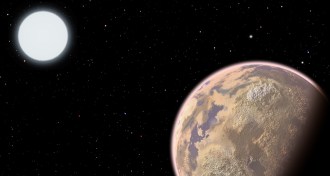 Astronomy
AstronomyWhen looking for aliens, try finding their pollution
Future telescopes may discover civilized aliens by detecting the industrial pollutants called fluorinated gases in exoplanet atmospheres.
-
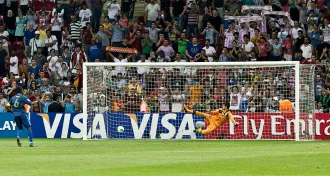 Psychology
PsychologyGoalkeepers deceive themselves when facing penalty kicks
Soccer’s goalies fall victim to a logical fallacy during the sport’s most high-pressure situation, seeing trends where none exists.
By Nsikan Akpan -
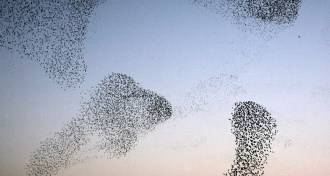 Quantum Physics
Quantum PhysicsBirds’ turns match math of quantum matter
Equations that describe superfluidity may explain how information about which way and when to turn spreads in a starling flock.
-
 Earth
EarthEarly life probably fell victim to massive space rocks
Planet-sterilizing impacts probably snuffed out early life on Earth until around 4.3 billion years ago.
-
 Quantum Physics
Quantum PhysicsQuantum Cheshire Cat experiment splits particles from their properties
When facing a fork in the road, neutrons appear to go in one direction and their spins in the other.
By Andrew Grant -
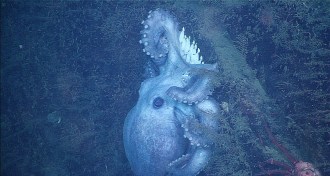 Animals
Animals‘Octomom’ sets egg-brooding record
The deep ocean reveals a new record as an octopus mom broods the same clutch of eggs for almost 4.5 years.
-
 Science & Society
Science & SocietyQuantum connection could revitalize superstrings
Status of superstrings could be elevated by their ability to explain the mysterious rules of quantum mechanics.
-
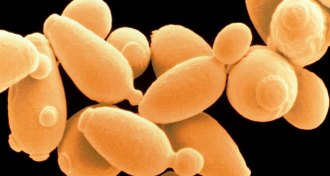 Life
LifeFor yeast life span, calorie restriction may be a wash
A new technique for growing and tracking yeast cells finds caloric restriction doesn’t lengthen life span, though some researchers question the study method.
-
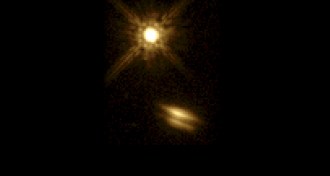 Astronomy
AstronomyTilted binary stars test theories of planet formation
Tilted disks in binary star systems may help astronomers explain variety of exoplanet orbits.
-
 Neuroscience
NeuroscienceStudy linking narcolepsy to autoimmunity retracted
Data linking disorder to immune cells couldn’t be replicated, scientists say.
By Nathan Seppa -
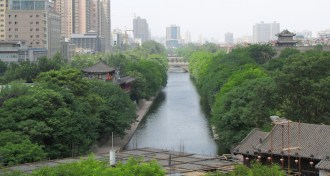 Environment
EnvironmentRecycled water may flood urban parks with dangerous germs
Irrigating city parks with recycled water may flood the soil with drug-resistant microbes.
By Beth Mole -
 Earth
EarthMerging magma can set off supervolcanoes in less than 10,000 years
The reconstruction of a massive eruption 4.5 million years ago near Yellowstone National Park suggests that magma chambers merging together beneath a supervolcano can trigger explosions in less than 10,000 years.